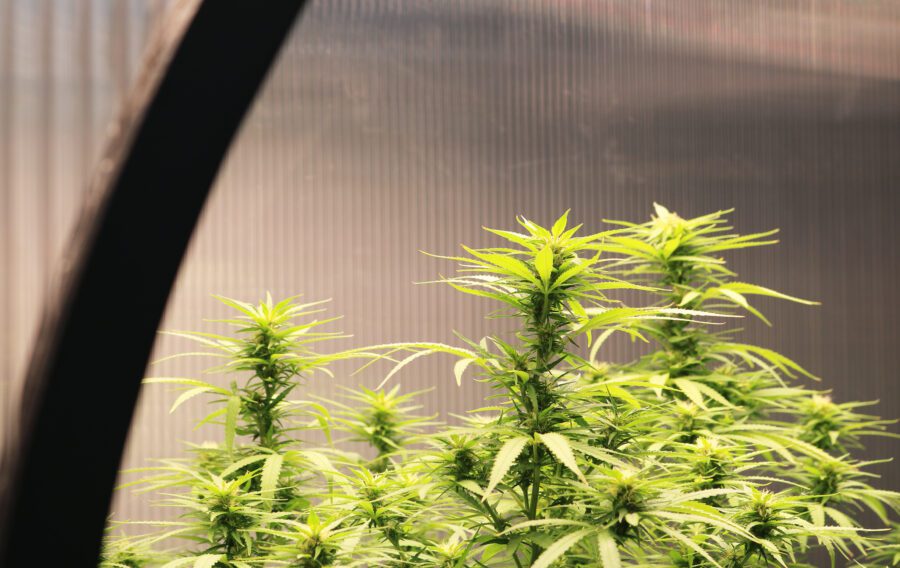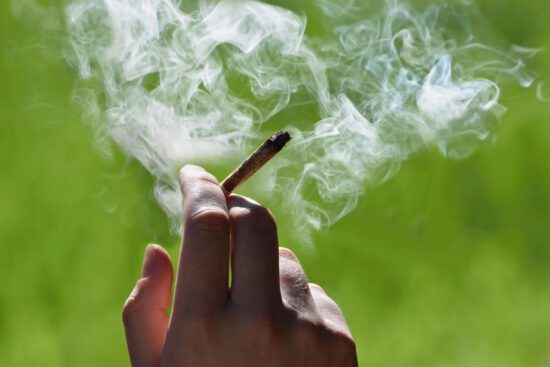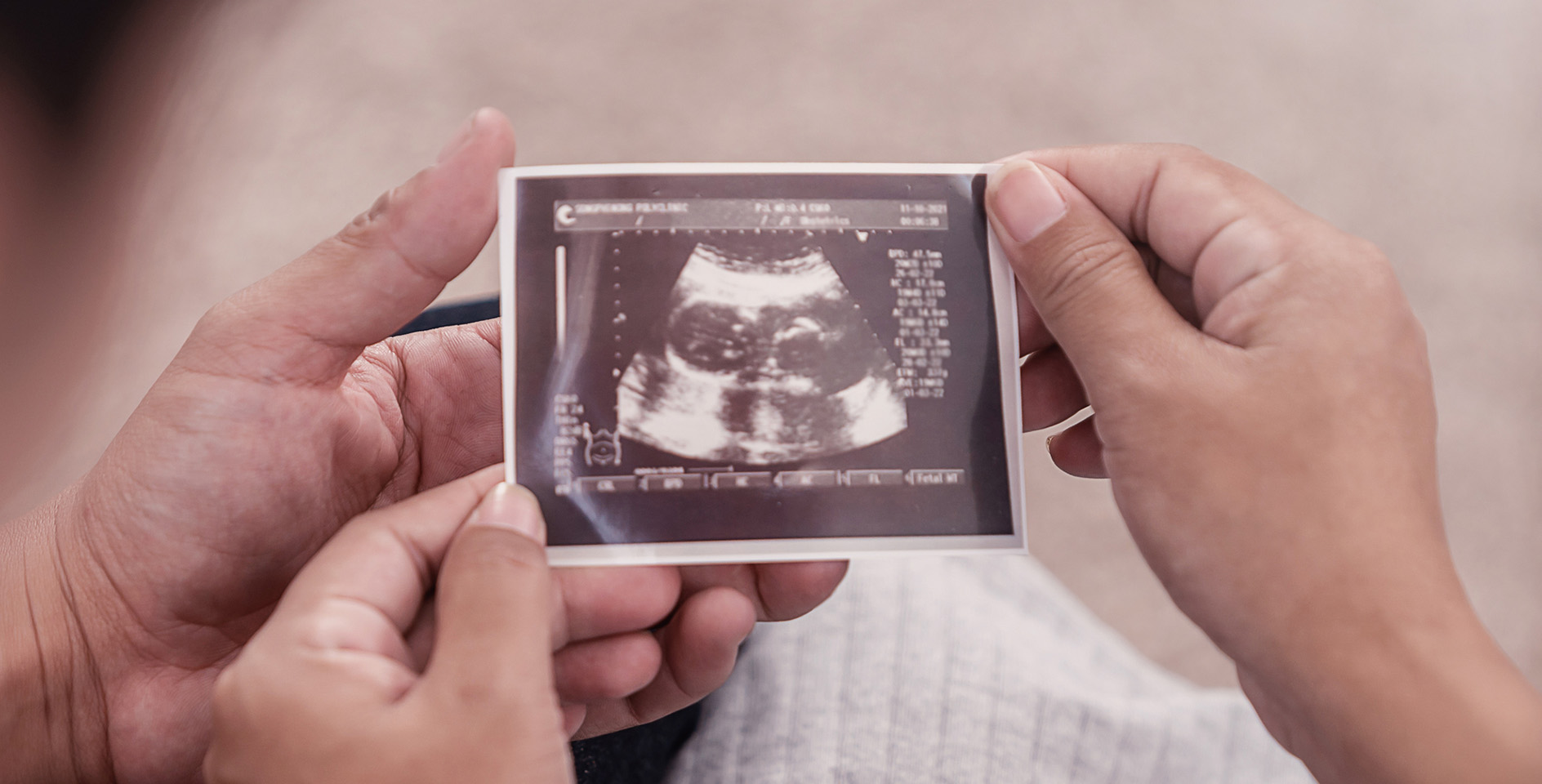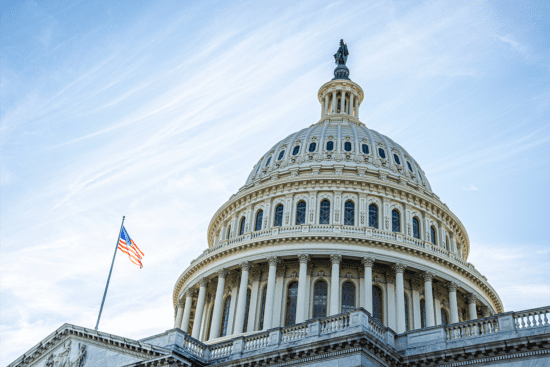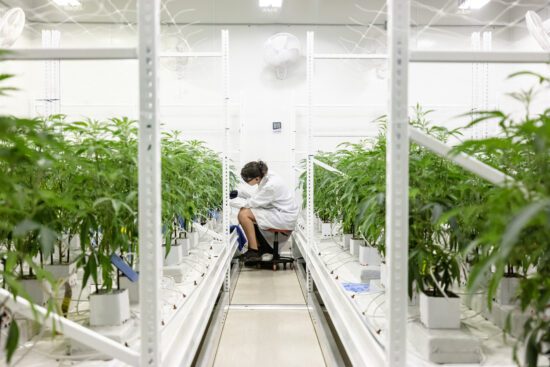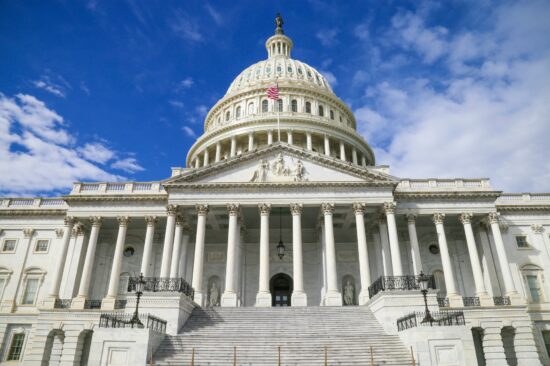The ERLC submits public comments to the Drug Enforcement Administration to oppose the reclassification of marijuana as its use generally harms public health and undermines a well-functioning society.
Southern Baptists have historically objected to marijuana usage due to a combination of legal and moral concerns, stretching back 50 years to the Southern Baptist Convention’s Resolution on Alcohol and Other Drugs from 1973. In this resolution, Southern Baptists expressed a desire to “restrain commercial promotion” of harmful and addictive drugs, including marijuana. While proponents of legalization, decriminalization, and rescheduling of marijuana often cite—and overstate—the medical benefits and the disproportionate impact of criminalization on marginalized communities, there are compelling arguments to keep marijuana illegal, especially at the federal level.
It has been well documented that marijuana has substantial health hazards associated with usage. The National Institute on Drug Abuse has highlighted several adverse effects such as impairment in learning, memory, and attention. Moreover, it has been associated with an increased heart rate and a higher risk of heart attack. The drug is also more addictive than is assumed, with an estimated 10% of users becoming addicted.
Southern Baptists believe that all life is precious and worthy of protection, and our pro-life views extend beyond the womb to all areas of life, including family and community relationships.
As the drug abuse epidemic in our nation continues to spread, the ERLC remains committed to combating this growing problem. Those addicted deserve our respect and compassion, along with the devotion of Congress and federal law to provide solutions that best serve each individual and community. So often, children bear the devastating consequences of the cycle of illicit drug use, leading to abuse, neglect, and abandonment. We must support families caught up in this vicious cycle of abuse. Signaling that marijuana is not a dangerous substance will only serve to further ensnare these families, rather than helping to alleviate the destructive effects of the drug abuse crisis.
Supporters of loosening restrictions argue that there are valid medical reasons for reclassifying marijuana from a Schedule I to Schedule III drug under the Controlled Substance Act. But such a shift is unnecessary since there are already legal and regulated medications available to address the medical conditions that proponents argue marijuana can alleviate.
While marijuana contains compounds like THC with potential medicinal benefits, there are FDA-approved medications like Marinol that serve similar purposes but within a regulated framework. This regulation ensures a standardized dosage and quality, minimizing the potential for abuse that comes with the raw, unregulated form of marijuana that has over 400 components, many of which have not been studied well.
For the sake of our most vulnerable neighbors, we oppose the reclassification of marijuana. We must continue to educate the American public that marijuana use is dangerous, destructive, and addictive. Anything short of a Schedule I categorization for marijuana is a failure in the government’s duty to protect its citizens.
In light of these concerns, we urge the Drug Enforcement Administration to retain marijuana’s classification status as a Schedule I substance under the CSA.



